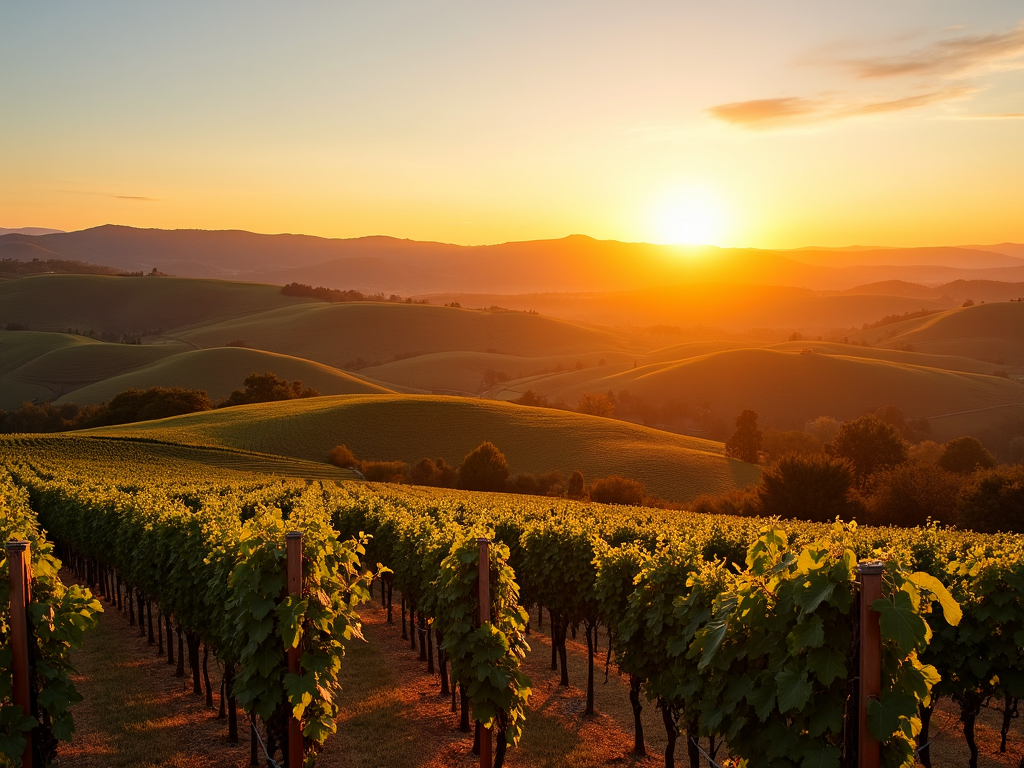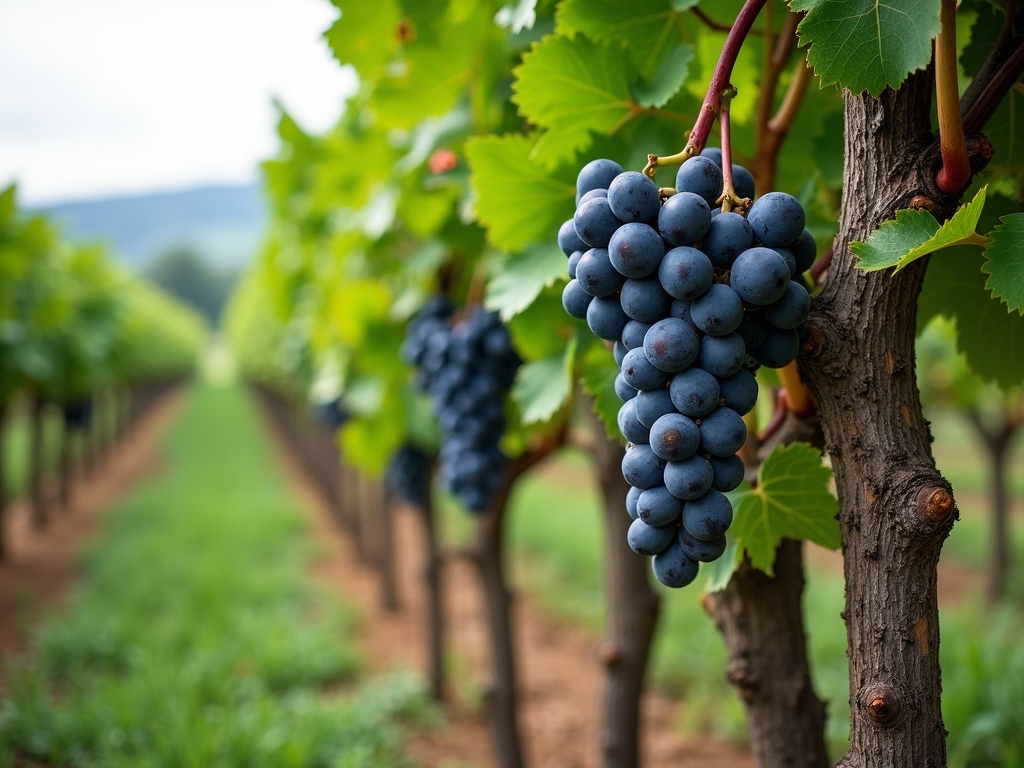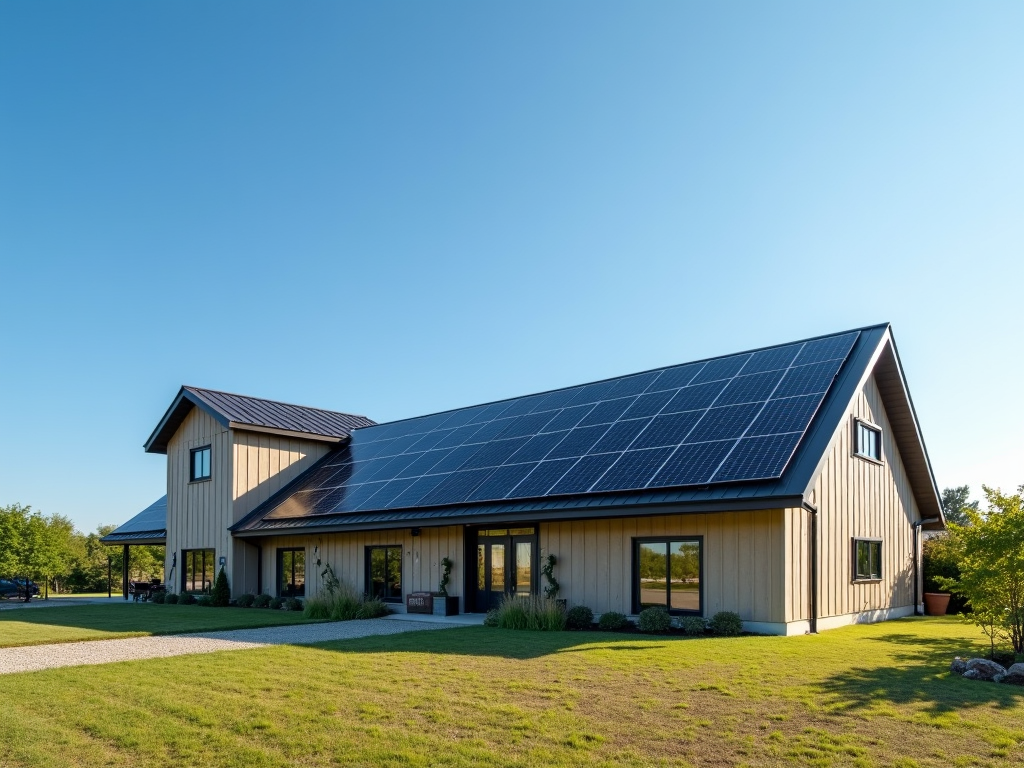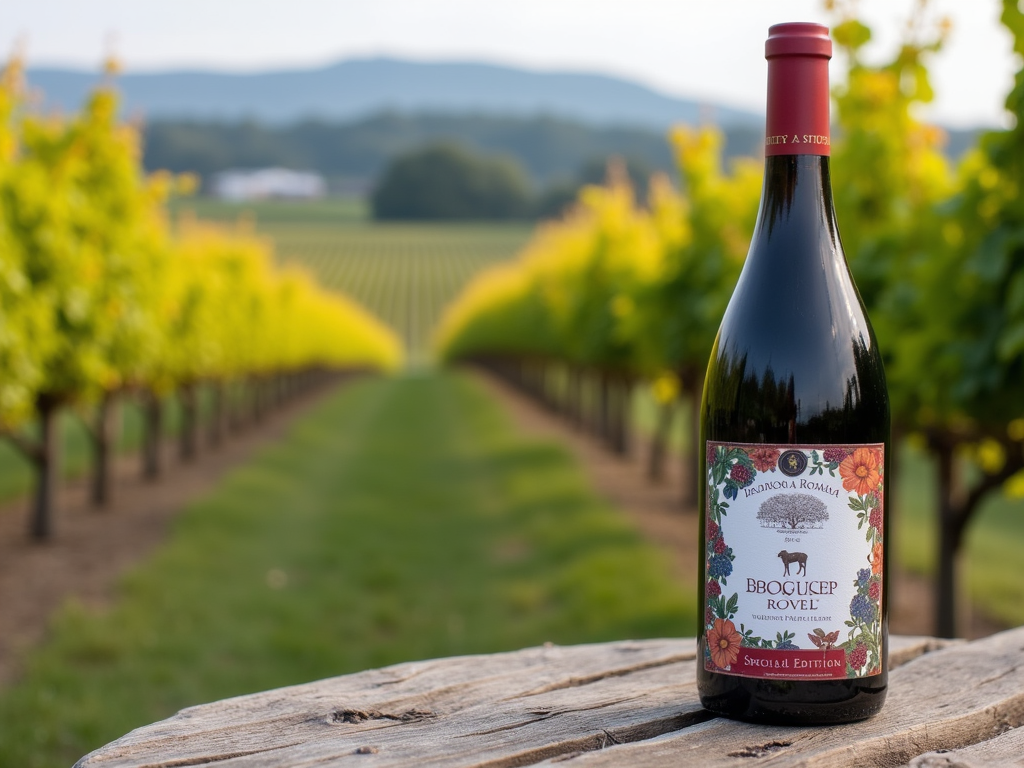Exploring Sonoma’s Sustainable Vineyards: A Guide to Sustainable Winemaking
Sonoma County is renowned for its picturesque vineyards and world-class wines. But beyond the beauty lies a commitment to sustainability that is transforming the wine industry. This article takes you on a journey through Sonoma’s sustainable vineyards, highlighting the innovative practices that make this region a leader in eco-friendly winemaking. From organic farming to water conservation, discover how wine brands like Jackson Family Wines are setting new standards for sustainability.

Sustainable winemaking is more than just a buzzword; it’s a commitment to preserving the environment while producing high-quality wines. In Sonoma County, this commitment is evident in every aspect of the winemaking process. From the way grapes are grown to the methods used in production, sustainability is at the forefront of the industry.
But what exactly does sustainable winemaking entail? It involves a holistic approach that considers the environmental, social, and economic impacts of wine production. This means using practices that reduce waste, conserve resources, and promote biodiversity. It also means ensuring that the people involved in the process are treated fairly and that the business is economically viable.
In Sonoma, sustainable winemaking is not just about protecting the environment; it’s about creating a legacy for future generations. By adopting sustainable practices, winemakers are ensuring that the land will continue to produce exceptional wines for years to come.
Sonoma County is blessed with a diverse landscape that includes rolling hills, fertile valleys, and a Mediterranean climate—perfect conditions for growing grapes. However, this natural beauty comes with a responsibility to protect and preserve it.
Sustainability is crucial in Sonoma for several reasons. First, it helps maintain the health of the soil, which is essential for growing high-quality grapes. Healthy soil leads to healthier vines and, ultimately, better wine. Second, sustainable practices help conserve water, a precious resource in California. By using efficient irrigation systems and other water-saving techniques, winemakers can reduce their water usage without compromising the quality of their wines.
Moreover, sustainability is important for the local community. Many wineries in Sonoma are family-owned and operated, and they rely on the land for their livelihood. By adopting sustainable practices, these wineries can ensure that their businesses remain viable for future generations.
Finally, consumers are increasingly demanding sustainable products. Wine lovers want to know that the wine they’re drinking is produced in an environmentally responsible way. By embracing sustainability, Sonoma’s winemakers are meeting this demand and setting themselves apart in a competitive market.

Sonoma’s winemakers are at the forefront of innovation when it comes to sustainable practices. Here are some of the key techniques they’re using:
-
Organic Farming: Many vineyards in Sonoma are certified organic, meaning they avoid synthetic pesticides and fertilizers. Instead, they use natural methods to control pests and enrich the soil. For example, they might use compost or cover crops to improve soil health. Learn more about the benefits of organic farming
-
Biodynamic Farming: Some wineries take sustainability a step further by practicing biodynamic farming. This holistic approach treats the vineyard as a self-sustaining ecosystem and incorporates lunar cycles and other natural rhythms into the farming process.
-
Water Conservation: Water is a precious resource in California, and Sonoma’s winemakers are finding innovative ways to conserve it. This includes using drip irrigation systems, recycling wastewater, and planting cover crops to reduce evaporation.
-
Renewable Energy: Several wineries in Sonoma are harnessing the power of the sun by installing solar panels. This not only reduces their carbon footprint but also helps them save on energy costs.
-
Wildlife Conservation: Sonoma’s vineyards are home to a variety of wildlife, and many winemakers are taking steps to protect these creatures. This includes creating wildlife corridors, planting native vegetation, and using natural predators to control pests.
These innovative practices are not only good for the environment but also contribute to the unique character of Sonoma’s wines. By working in harmony with nature, winemakers are able to produce wines that truly reflect the terroir of the region.
One of the leaders in sustainable winemaking in Sonoma is Jackson Family Wines. This family-owned company has been a pioneer in the industry, setting new standards for environmental stewardship.
Jackson Family Wines is committed to sustainability at every level of their operation. They have implemented a range of eco-friendly practices, including:
-
Soil Health: By using cover crops and compost, they maintain healthy soil that supports robust vine growth.
-
Water Management: They use advanced irrigation systems that deliver water directly to the roots of the vines, reducing waste.
-
Energy Efficiency: Their wineries are equipped with solar panels and energy-efficient lighting to minimize their carbon footprint. Read Jackson Family Wines' sustainability report
-
Biodiversity: They have set aside land for wildlife habitats and use natural methods to control pests.
In addition to these practices, Jackson Family Wines is also a leader in sustainable packaging. They use lightweight bottles and recycled materials to reduce their environmental impact.
But perhaps the most impressive aspect of Jackson Family Wines’ commitment to sustainability is their dedication to continuous improvement. They are constantly researching and implementing new techniques to make their operations even more eco-friendly.

Jackson Family Wines is known for producing exceptional wines, and their special editions are no exception. These limited-release wines are crafted with the same commitment to sustainability as their regular offerings.
One notable special edition is the [Insert Wine Name], a wine that showcases the best of Sonoma’s terroir. This wine is made from grapes grown in vineyards that are farmed using organic and biodynamic practices. The result is a wine that is not only delicious but also environmentally responsible.
Another special edition worth mentioning is the [Insert Wine Name], which is produced using a unique blend of traditional and modern winemaking techniques. This wine is a testament to Jackson Family Wines’ dedication to innovation and sustainability.
These special editions are more than just great wines; they’re a celebration of Sonoma’s sustainable vineyards. By choosing these wines, consumers can enjoy a taste of Sonoma while supporting eco-friendly practices.
Jackson Family Wines is just one example of how wine brands are leading the way in sustainability. Across Sonoma County, winemakers are embracing eco-friendly practices and setting new standards for the industry.
For instance, [Insert Wine Brand] has implemented a comprehensive sustainability program that includes everything from water conservation to employee wellness. They have also partnered with local organizations to promote environmental education and conservation efforts.
Similarly, [Insert Wine Brand] is committed to reducing their carbon footprint. They have invested in renewable energy and are working towards becoming carbon neutral. Explore sustainability trends in winemaking
These wine brands are not only making a positive impact on the environment but also inspiring others in the industry to follow suit. By sharing their knowledge and experiences, they are helping to create a more sustainable future for winemaking.

As someone who has had the privilege of visiting Sonoma’s sustainable vineyards, I can attest to the passion and dedication of the winemakers in this region. During my visits, I’ve seen firsthand the innovative practices being used and the positive impact they’re having on the environment.
One of my most memorable experiences was touring a vineyard that practices biodynamic farming. I was amazed by the attention to detail and the deep respect for nature that was evident in every aspect of the operation. From the compost teas used to nourish the soil to the lunar calendar that guides planting and harvesting, it was clear that this was more than just a farming method—it was a way of life.
I’ve also had the opportunity to taste wines from sustainable vineyards, and the difference is palpable. These wines have a purity and vibrancy that reflects the health of the vines and the care that goes into their production.
But perhaps the most inspiring aspect of my visits has been meeting the people behind the wines. From the vineyard workers to the winemakers, everyone I’ve encountered shares a deep commitment to sustainability. Their passion is contagious, and it’s clear that they’re not just making wine—they’re making a difference.
While sustainable winemaking has made great strides in Sonoma, there are still challenges to overcome. One of the biggest challenges is the cost of implementing sustainable practices. For many small wineries, the upfront investment in things like solar panels or organic certification can be prohibitive.
Another challenge is the changing climate. As temperatures rise and weather patterns become more unpredictable, winemakers must adapt their practices to ensure the health of their vines. This may require new techniques and technologies that are still being developed.
Despite these challenges, the future of sustainable winemaking in Sonoma looks bright. As consumers continue to demand eco-friendly products, more wineries are likely to adopt sustainable practices. Additionally, advancements in technology and research will make it easier and more cost-effective to implement these practices.
Moreover, the wine industry as a whole is becoming more collaborative, with winemakers sharing their knowledge and experiences to help each other succeed. This spirit of collaboration will be crucial in overcoming the challenges ahead and ensuring that Sonoma remains a leader in sustainable winemaking.

Sonoma’s sustainable vineyards are a testament to the power of innovation and commitment to the environment. From organic farming to renewable energy, the winemakers in this region are setting new standards for the industry. Wine brands like Jackson Family Wines are leading the way, producing exceptional wines while protecting the land for future generations. As consumers, we have the power to support these efforts by choosing wines that are produced sustainably. So, the next time you raise a glass of Sonoma wine, take a moment to appreciate the dedication and passion that went into making it.